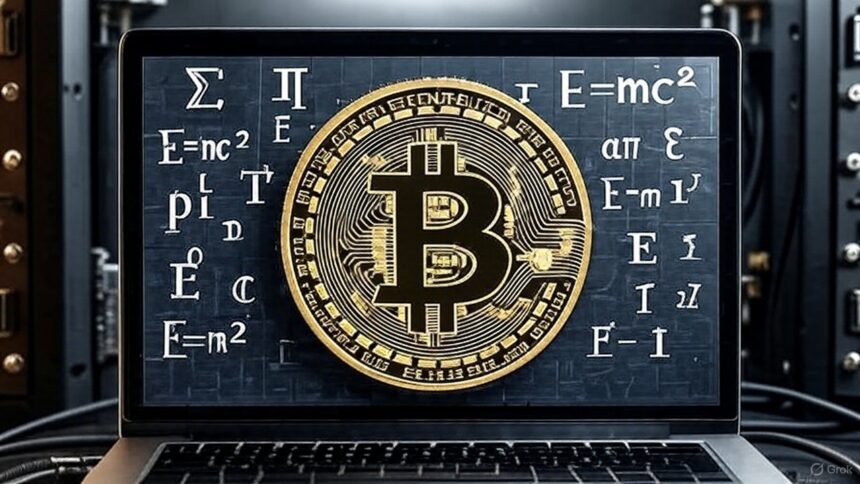Nick Sabo, a cryptologist and for many the man behind the Satoshi Nakamoto pseudonym, wrote a direct message to the most used software on Bitcoin nodes: “Run Knots. We strongly recommend that you do not upgrade to Core v30.”
he did so from his own account
Core has historically been the most commonly used software on nodes. Its new version (v.30) will be released in October and will expand the space for the OP_RETURN field to 100,000 bytes. Enables more non-monetary data to be included in transactionstext, images, etc.
This change will make it easier to use Bitcoin. Store non-financial informationmany people consider “spam”.
Instead, Knots has built-in filters that restrict certain types of transactions, such as transactions that use OP_RETURN or similar descriptions. For supporters, this Monetary properties of Bitcoin; for others, it limits their freedom to use the network.
In that context, Szabo had already warned about this kind of change, as CriptoNoticias explained. May pose legal and technical risks.
His vision is to allow larger amounts of arbitrary data in transactions, some of which Illegal or copyrighted nature. If a node stores that information, its operators may be exposed to legal liability.
Discussions circulating in the Bitcoin ecosystem
Also on October 8, Bitcoin developer and maximalist Giacomo Zucco responded to X’s Sabo.
he said this do not share the idea that legal risk is a relevant discussionThat’s because filters can “reduce the frequency of certain content, but they can’t completely eliminate it.”
It only takes one suspicious transaction to trigger similar potential legal attacks, Zucco said. In any case, he agreed with Szabo about the general discomfort with the direction Bitcoin Core is going.
Wicked, another well-known developer in the ecosystem, weighed in on the discussion. In his opinion, people who fear change should avoid migrating to Knots and stick with previous versions of Core (v28 or v29) “until we further investigate whether the criticisms of Core 30 are unfounded.”
Then engineer Jameson Lopp also intervened. He recommended “getting to know Knots before deciding whether to use it” and shared a document that looks back at the history of the debate.
Lopp emphasized that while Knots has one maintainer, Luke Dashjr, Core has a broader community of developers. raising concerns about the governance of the former;.
Meanwhile, Luke Dash Jr. also spoke on October 8th. He calls himself the “Savior of Bitcoin”«.
Even if we survive this Core 30 attack, this situation of having to save up Bitcoin every few years has to end. A network cannot depend on one person. Others must take responsibility.
Luke Dashjr, Mantenedor of Bitcoin Cots.
Dashjr argues that the opening up of space for non-monetary data promoted by Core 30 distorts Bitcoin’s function as electronic money, turning it into an information storage medium.
Bitcoin, money, or data container
Along these lines, user Eman expressed that the Core v30 update “represents the final stage of Bitcoin’s capitulation and corruption as a pure monetary network.”
As he detailed, rather than focusing on fixing vulnerabilities stemming from past updates such as SegWit and Taproot (which facilitate the emergence of arbitrary registrations and data). Core developers would have chosen to standardize these alternative uses.
“Instead of reinforcing Bitcoin as money, we are turning Bitcoin into an uncensored storage system for all kinds of content,” he added.
He ruled that this “plausible deniability” eliminates the core principle of network neutrality, which protects node operators from processing data.
Finally, CriptoNoticias also reported that other relevant participants in the Bitcoin ecosystem gave their opinions on future decisions.
For example, we expected Blockstream co-founder and CEO Adam Back to use Core v30, but Jimmy Song, like Szabo, won’t.
The story behind this crossover goes deeper than simple technical differences and defines Bitcoin’s philosophical direction.
While one part of the ecosystem is promoting the expansion of use cases, another part (led by figures like Szabo and Dash Jr.) is defending its original function as censorship-resistant, legally neutral digital money.


